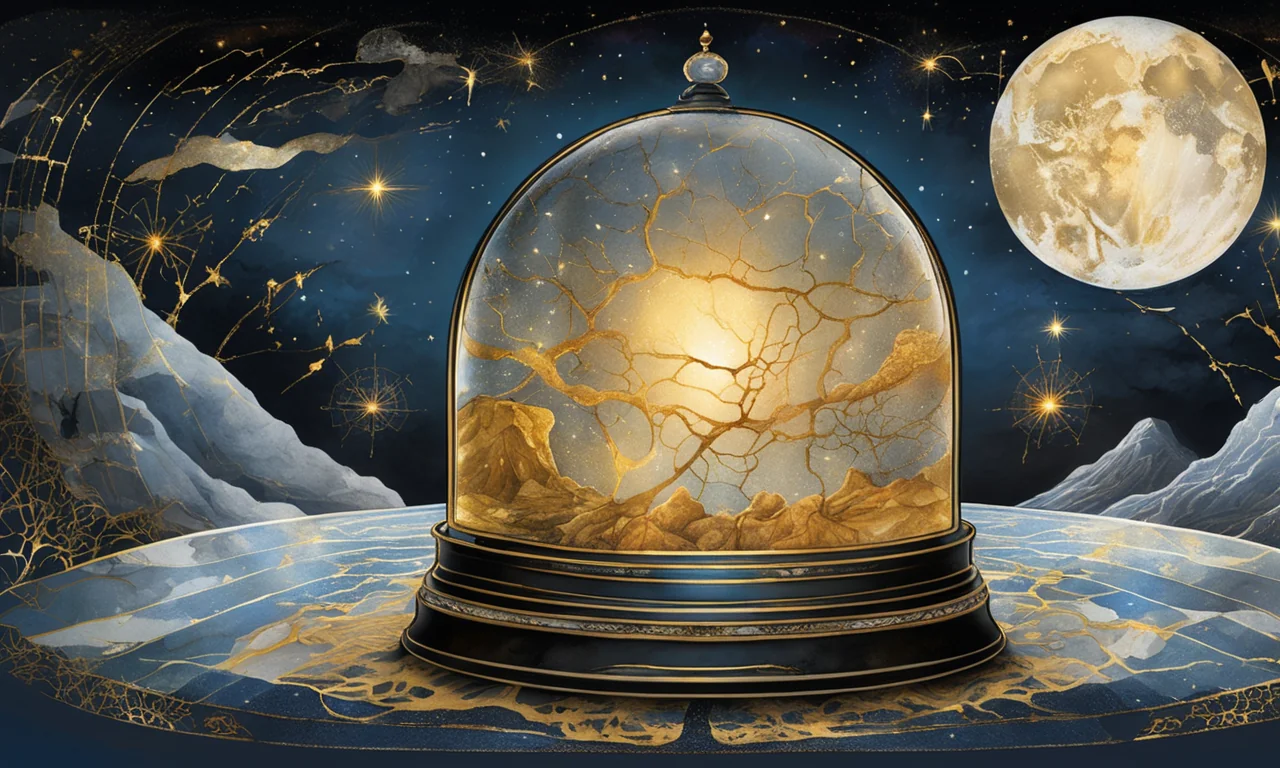
The scientific community confronts misinformation and academic pressures
The pursuit of truth and innovation faces challenges from political polarization and mental health strains.
Today's Bluesky science and health conversations reveal a dynamic landscape where the value of credible information, the challenges of research life, and the wonders of discovery come to the fore. From debates on how society treats science and democracy, to remarkable insights from the molecular to the historical, these discussions underscore the importance of both rigor and curiosity in advancing our collective well-being.
The Value of Science, Health, and Community in a Divided Era
Across platforms, users are rallying around the importance of factual information and evidence-based medicine, as seen in the celebration of communities prioritizing science and health. This affirmation of scientific values occurs against a backdrop of growing skepticism and political polarization, highlighted by critiques such as a political cartoon depicting threats to “Truth,” “Science,” and “Civility.” Such posts reflect a broader tension: a desire for unity and progress, juxtaposed with concern over leaders undermining these very ideals.
"Nice to see some folks actually valuing information, science, medicine, good health, and community."- @jbf1755.bsky.social (299 points)
The struggle for truth in public discourse extends to the health sciences. For example, in discussions about extreme weight loss studies, there's a growing awareness of ethical boundaries, especially as media influences blur the line between scientific inquiry and entertainment. These conversations highlight a need for vigilance to protect both the integrity of science and the well-being of individuals subjected to its methods.
Discovery and the Human Condition: From Ancient DNA to Academic Pressure
Innovative research continues to captivate and challenge the scientific community. Recent breakthroughs such as the synthesis of porphyrin nanobelts and the discovery of stinkbugs using fungi to protect their eggs illustrate the ever-expanding frontiers of chemical and biological knowledge. Meanwhile, advances in ancient DNA analysis are offering unique glimpses into prehistoric life, as demonstrated by the recovery of genetic material from birch bark tar, revealing clues about diet, social roles, and oral health in Neolithic societies.
"Yeah, there is something systematically wrong when almost every PhD graduate I speak to has some kind of trauma about it."- @jamesfvfleming.bsky.social (0 points)
Yet, the pursuit of knowledge comes with its own costs. A compelling thread on the mental health toll of PhD studies reveals the emotional strain that often accompanies academic ambition, with personal accounts echoing a sense of systemic inadequacy. The science community's willingness to openly address these challenges demonstrates a maturing dialogue, one that acknowledges both the brilliance and the burden of discovery.
"I feel like the final year especially broke me down but never built me back up."- @lclkrist.bsky.social (2 points)
Maps, Math, and the Unexpected Joys of Inquiry
The spirit of curiosity thrives not just in laboratories, but in the everyday appreciation of science and math. This is evident in enthusiastic invitations to explore the mathematics behind maps and in the interactive call for map enthusiasts to share their favorites. These conversations reveal how abstract concepts like geometry and data visualization remain integral to real-world challenges, from tracking disease to understanding historical events.
Meanwhile, scientific rigor and playfulness converge in surprising places, such as the analysis of Chicago's famous “rat hole” imprint, which researchers have now identified as likely made by a squirrel. These moments underscore the enduring joy of investigation and the value of questioning assumptions, no matter how quirky the subject may seem.
Every community has stories worth telling professionally. - Melvin Hanna